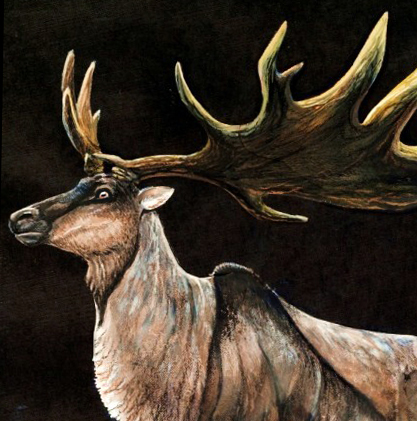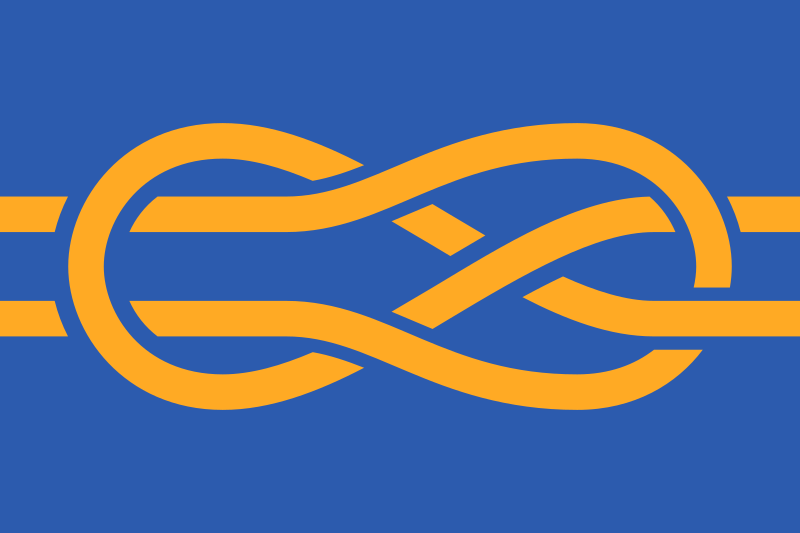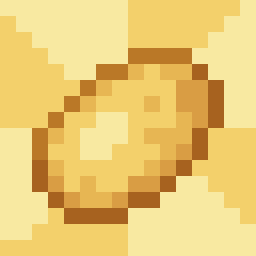The current flag dates back to the middle ages, maybe as far as the 12th century. This makes it not only one of the youngest national flags of the world (since 2004), but also one of the oldest! (Even if it has been in disuse for most of its history.)
The red cross on white background comes from the flag of the late antique Kingdom of Iberia (located in present day Georgia and unrelated to the Iberian Peninsula). The four crosses are Bolnisi crosses, a Georgian national symbol, taken from an ornament found in the 5th century Bolnisi Sioni church.
Also check out their quite different naval ensign:

Is op red-green colorblind?
I think it’s more about where you draw the line between red and brown, which is individual and cultural. Apparently, my view on this might be a bit controversial. I first saw the old Georgian flag as a small child that did not know fancy words like “burgundy” and “maroon”. It seemed brown to me, and so it has remained in my mind, even if it would be more exact to describe it as some nuance brownish shade of red, or reddish shade of brown.
You can also have a look at the Wikipedia page with shades of brown, and I’m sure you will find that people can be way crazier than me when it comes to describing things as brown. Like, how can wheat, bone, moles or black olives be brown?
I’m going to have to strenuously object to Wikipedia on that one.
Brown is definitionally a dark combination of red and green. Burgundy’s official color code is 50% red 0% green 13% blue.
As a sidenote, I love these litttle inane internet arguments.
Then let’s do some inane arguing!
It all depends on your color model. If you would use CMYK instead you would see that burgundy is a combination of magenta, yellow and black, just as brown is.
The definition of brown can definitely include blue as well, e.g. W3C defines the keyword brown as rgb(165, 42, 42).
It’s just dark orange anyway.
“The wine-red colour symbolised the good times of the past as well as the future, whilst the black represented Russian rule, and the white represented hope for peace”
Looks to me like they just taped over the old hammer and sickle. Saves money on making new flags.
They could’ve done that for some, but that flag design is older than the Soviet Union.
that’s dark red to me not brown
I actually liked the older wine red flag. Something cool about it. Fairly simple too






